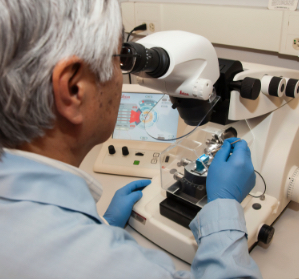REPOSITORY ITEMS
In epidemiology, a register is a file of data concerning all cases of one or more diseases in a defined population, so that the cases can be related to the base population1 . These registers are essential epidemiological resources for analysing risks in the population and for the study of aetiological hypotheses of diseases. They are particularly useful in the case of rare diseases due to their low prevalence, the dispersion of information and the degree of ignorance inherent to these pathologies.

"The advancement of medical knowledge and the availability of new diagnostic and treatment options have brought enormous progress for many childhood diseases.
have brought enormous progress for many childhood diseases. This has meant that infant mortality has fallen dramatically over the last century. However, it has also meant that children with diseases that were previously considered lethal are now chronically ill, creating new clinical scenarios for patients, their families and professionals".
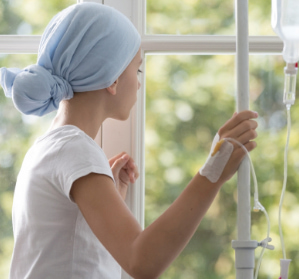
This study compares access to and availability of orphan drugs in the five largest markets in the current European Union (EU): the United Kingdom, France, Germany, Italy and Spain. As defined in the article itself, "availability" is the term used to refer to the possibility of prescribing the drugs, while "access" refers to the full or partial funding of the drugs by the relevant public health service. An additional objective of this analysis is to compare access times to orphan drugs in the selected countries by counting the number of months between marketing authorisation and publication of funding recommendations in each country.
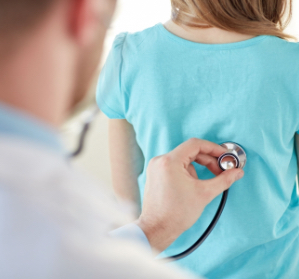
Spain has fewer medicines than neighbouring countries and takes longer to incorporate them. The European Union (EU) has set itself the strategic objective of improving patient access to diagnosis and treatment of rare diseases1 . However, it is to be expected that there is some heterogeneity among the EU countries as a whole, due to the fact that the organisation and funding of healthcare is a competence of each Member State. The results of this study confirm this diversity in the degree of access to treatment, something that had already been highlighted in previous research initiatives, notably in the European Organisation for Rare Diseases (EURORDIS) studies published in 2007 and 2010.
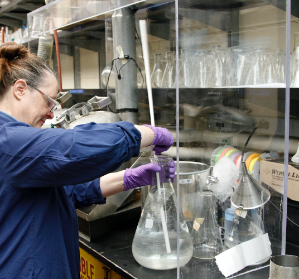
"Physiotherapy provides multiple benefits for the health of people with RD, such as helping to combat the symptoms of different pathologies, preventing future
combat the symptoms of different pathologies, prevent future discomfort, slow down the effects of degenerative processes, strengthen the body, improve or optimise functionality, reduce pain and increase well-being and quality of life".

Measuring the efficiency of health technologies for rare or ultra-rare diseases without economic evaluation?
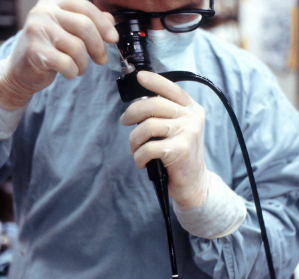
The European Reference Network - a structure for exactly what and for whom?
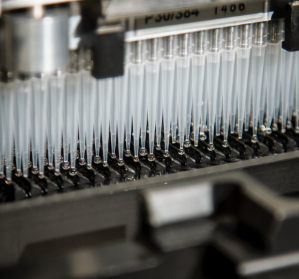
"School nurses (SN) form part of the professional profiles that make up the inclusive education team. The Autonomous Community of Madrid has had school nurses in public special education centres for more than 3 decades and, since 2001, also in ordinary public schools due to the integration of pupils with special educational needs (ACNEE), in accordance with Law 13/1982 of 7 April on the Social Integration of the Disabled. Since 2009, associations of parents of pupils with chronic illnesses have been calling for the presence of the EE, so that every year this professional profile grows in the educational field. The full educational inclusion of all pupils, with or without pathologies, can be achieved with human and professional resources, as stated in state education laws. Equality in the educational process is a right of all children that is not always fulfilled".

"Legislation and incentives to promote orphan drugs: experiences in Europe and the United States".

Difficulties in allocating price and reimbursement for orphan drugs: proposed criteria for a better assessment of therapeutic benefit and other recommendations".
for a better assessment of therapeutic benefit and other recommendations".
